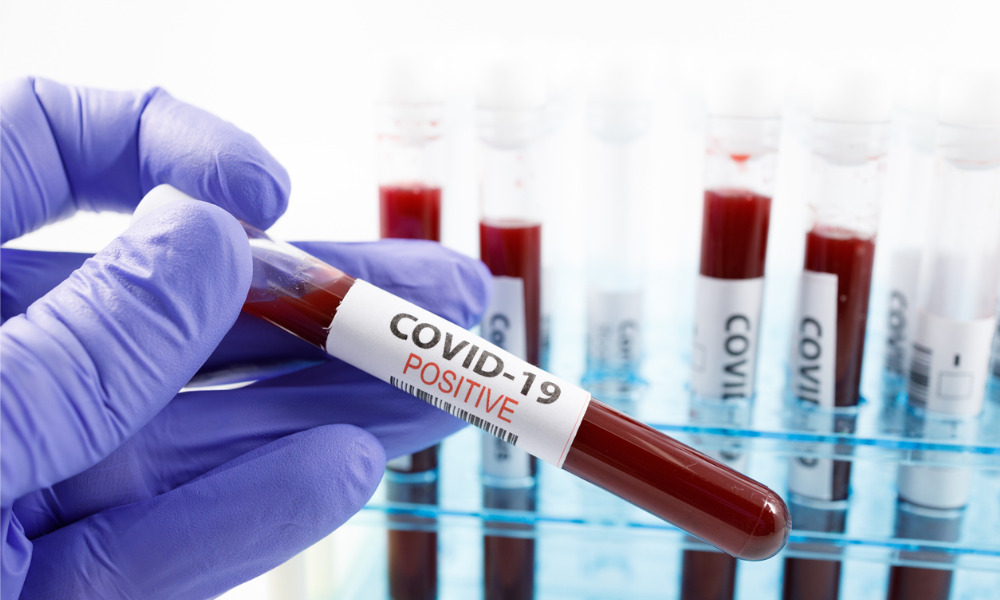
HRD spoke to Sherridan Cook, Partner at Buddle Findlay, about how to deal with a COVID-19 transmission in the workplace

Having enjoyed more than 100 days without community transmission of COVID-19, Auckland returned to lockdown last month when new cases emerged.
In fact, Jacinda Ardern’s cabinet made a majority decision not to relax its current restrictions this week following another new case on Monday.
With transmission becoming a threat again, employers have been forced to refocus their efforts on keeping employees safe and plan for the worst-case scenario.
If an employee does become sick with COVID-19, the employer needs to act quickly and decisively.
“First and foremost, make sure the person who has tested positive doesn't come into work,” said Sherridan Cook, Partner at Buddle Findlay.
If employers knowingly allow employees to come to a workplace when they are sick with COVID-19, then they are likely to be in breach of their duties under the Health and Safety at Work Act.
READ MORE: When is an independent contractor really an employee?
“If you test positive to COVID-19 now the Ministry of Health will move you to an isolation facility, so the employee won’t have a choice with that,” said Cook.
“Following this, you need to ensure that other staff or customers who have been exposed to that staff member are obviously told and they would need to self-isolate by staying home for 14 days and be tested.
“The Ministry of Health is actively involved in ensuring that employees who have been exposed are self-isolating. If anyone has tested positive, then they will be moved into that isolation facility until they recover. As the employer, you want to make sure that all of that is occurring.”
Cook added that it’s also important to ensure the workplace is cleaned to the required standards. Organisations may need to shut down for a period of time in order for this to take place.
“We are hearing of businesses undertaking what they call a ‘deep clean’ where they get the cleaners in to thoroughly clean every surface, that the infected employee may have touched or had some contact with.”
READ MORE: Reasonable management action or bullying?
After this, it’s about encouraging employees who haven’t been exposed to come back to work and resume normal operations.
“It can be quite a disruption and then you also have to deal with issues from an employment law perspective of whether people can work from home when they are self-isolating,” said Cook.
“This involves looking at whether they will be taking sick leave or some other form of leave so they will be paid. As such, you need to be working through those issues with your staff.”
Employers are encouraged to look to the COVID-19 Leave Support Scheme to see if they qualify for any financial aid.
Wage subsidy schemes help businesses that have been impacted by COVID-19 to keep employees connected to the workplace. Organisations can check if they are eligible for a wage subsidy on the Work and Income website.